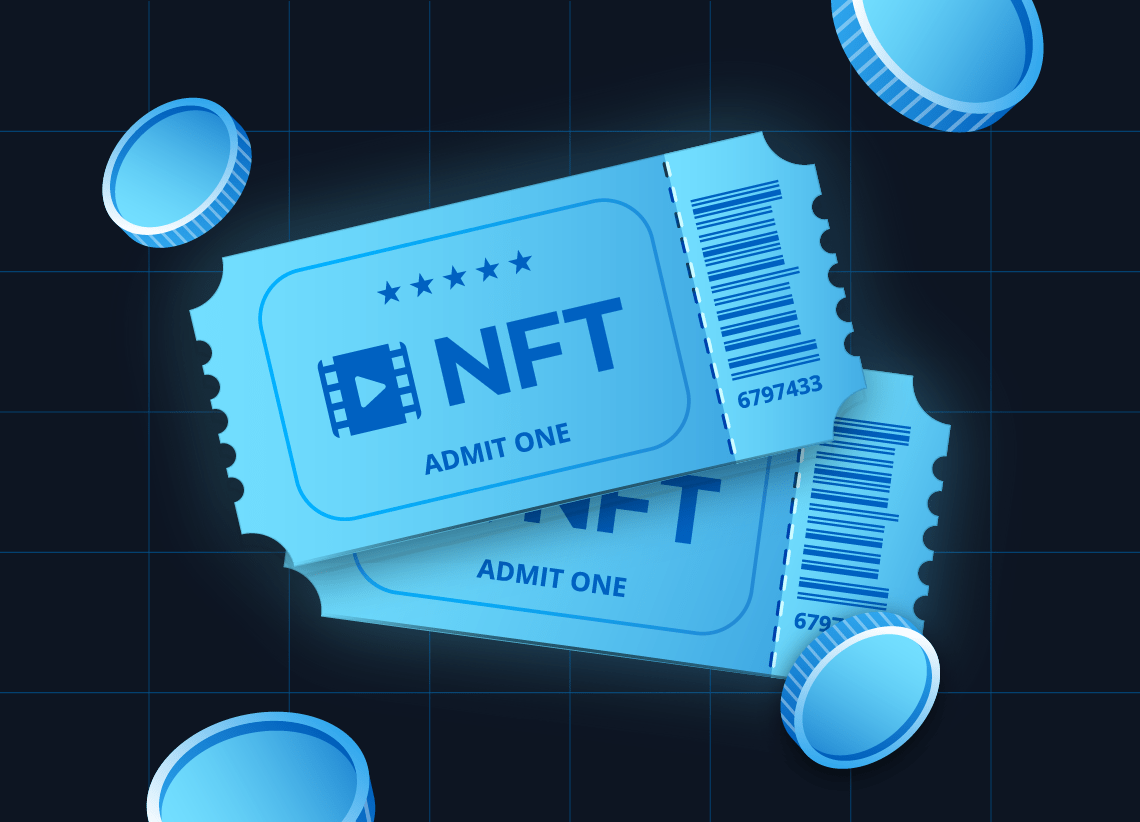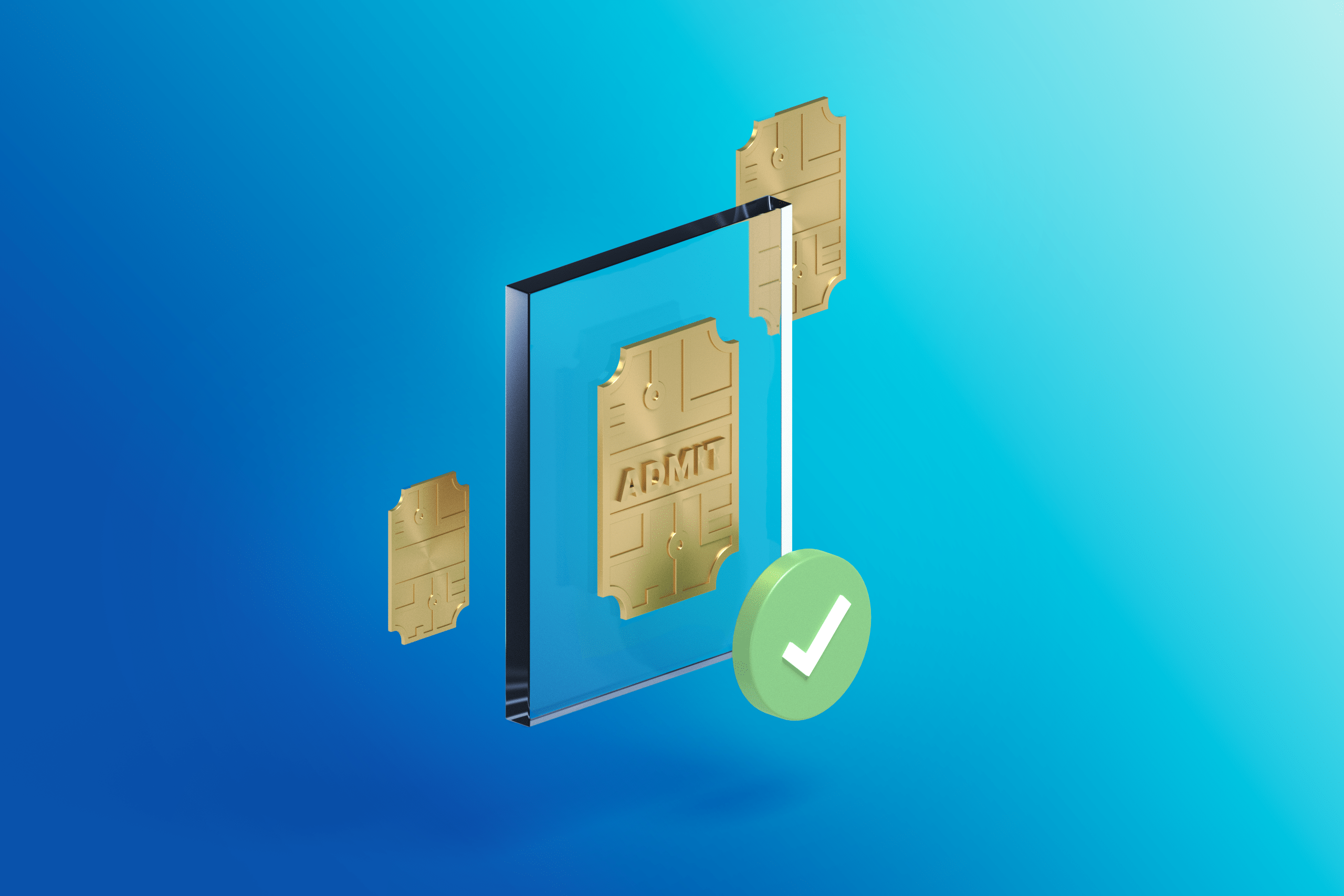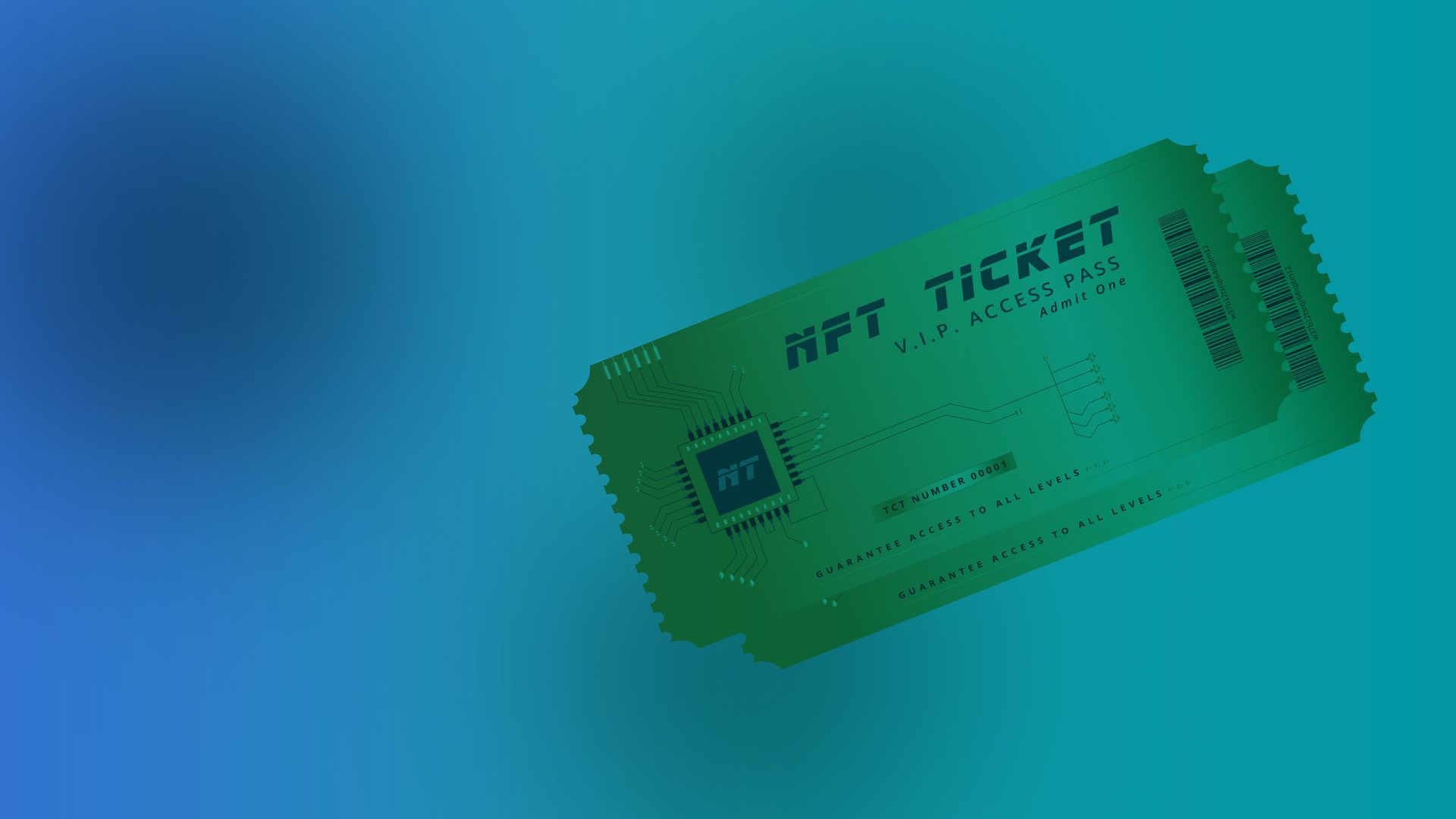The ticketing industry has experienced rapid transformation over the last few decades, particularly with the advent of technology that reshapes how we purchase, validate, and utilize tickets. From the simplicity of paper tickets to the convenience of digital alternatives, the ticketing landscape is constantly evolving. However, as we navigate through the digital age, Non-Fungible Tokens (NFTs) have emerged as a revolutionary concept, poised to disrupt traditional ticketing practices.
NFTs are unique digital assets that utilize blockchain technology to provide verifiable proof of ownership. They have gained traction across various sectors, including art, music, gaming, and now, ticketing. NFT tickets promise to offer unprecedented benefits, such as enhanced security, fan engagement, and the potential for resale, but they also introduce challenges that warrant consideration. In this article, we will explore the intricacies of NFT tickets, their advantages and disadvantages, real-world applications, and future implications for the events industry.
What Are NFT Tickets? How do NFT Tickets work?
NFT tickets are digital tokens that signify ownership of a specific experience, such as a concert, sports game, or festival. Unlike traditional tickets that can be easily forged or duplicated, each NFT ticket is unique, marked by a distinct identifier on the blockchain. This ensures that the ownership and transaction history of the ticket is transparent and immutable.

The backbone of NFT tickets is blockchain technology, a decentralized and secure digital ledger that records transactions. When an event organizer mints an NFT ticket, it is created as a unique token on the blockchain. This process ensures that each ticket’s ownership is securely recorded and can be verified at any time.
For instance, if a fan purchases an NFT ticket for a concert, the transaction is recorded on the blockchain, creating a permanent and publicly accessible record of ownership. If the fan later decides to sell or transfer the ticket, the blockchain enables a seamless and secure transfer through smart contracts, which automatically execute and enforce the terms of the agreement. This technology eliminates the need for intermediaries and reduces the risk of fraud.
Also read: GET TO KNOW NFT SECURITIES
Advantages of NFT Tickets
Ownership and Authenticity
One of the most significant benefits of NFT tickets is the assurance of authenticity. Traditional ticketing methods are vulnerable to counterfeiting, with many consumers falling victim to fraudulent tickets each year. The blockchain’s immutable nature guarantees that each NFT ticket can be traced back to its origin, confirming its legitimacy. This not only protects consumers but also fosters trust between fans and event organizers.
Real-World Example: Coachella, one of the largest music festivals in the world, announced in 2021 that it would be issuing NFT tickets for its upcoming events. By leveraging blockchain technology, Coachella aims to reduce the likelihood of counterfeit tickets and provide fans with a secure means of accessing the festival. This shift represents a growing trend among major events to embrace NFT technology as a reliable solution.

Transferability
NFT tickets facilitate seamless transferability, allowing fans to easily sell or transfer their tickets to others. Traditional ticketing systems often impose restrictions on resale, leading to frustration for consumers. However, NFT tickets allow for a frictionless transfer process through smart contracts, which automatically update the ownership on the blockchain.
Example: Consider a fan who can no longer attend a sold-out concert. With NFT tickets, they can list their ticket on a secondary marketplace, where other fans can purchase it. Once sold, the smart contract executes the transfer, instantly updating the blockchain to reflect the new owner’s information. This streamlined process benefits both the seller and the buyer, making it easy to navigate the resale market.
Enhanced Fan Engagement
NFT tickets offer unique opportunities for fan engagement that traditional tickets cannot provide. Event organizers can create exclusive experiences for NFT ticket holders, such as access to special content, merchandise, or unique interactions with artists.
Innovative Strategies: Artists and event organizers can use NFT tickets to build deeper connections with their audience. For example, a musician could offer NFT ticket holders exclusive access to unreleased tracks, personalized video messages, or behind-the-scenes content. This not only enriches the fan experience but also fosters loyalty among supporters, encouraging them to engage more with the artist’s work.
Collectibility and Value
NFT tickets can appreciate in value, much like collectible items. This potential for value appreciation transforms the way fans perceive tickets—not just as access passes, but as investments. Certain tickets, especially those tied to high-profile events or unique experiences, may become highly sought after in the resale market.
Case Study: The NBA’s Top Shot platform exemplifies the appeal of collectible NFTs. Fans can buy, sell, and trade officially licensed NBA highlights as NFTs, with some moments selling for thousands of dollars. Similarly, NFT tickets for iconic concerts or events could gain significant value over time, creating a new market for collectors and fans alike.
Challenges and Considerations
Market Volatility
The NFT market is notorious for its volatility. Prices can fluctuate dramatically based on trends, demand, and market speculation. While some NFT tickets may appreciate in value, others may depreciate significantly, creating risks for buyers who invest without understanding the market.
Investment Risks: Fans should approach the purchase of NFT tickets with caution. Just as with any collectible market, trends can shift rapidly, and what may seem like a valuable ticket today could lose its appeal tomorrow. This unpredictability makes it essential for consumers to conduct thorough research and consider potential risks before investing.
Accessibility and Understanding
Despite the increasing popularity of NFTs, many potential users remain unfamiliar with the technology. This lack of understanding can create barriers to entry, limiting the accessibility of NFT tickets to a broader audience.
Educational Initiatives: Event organizers and ticketing platforms must prioritize education to bridge this gap. Providing resources, tutorials, and user-friendly interfaces will help consumers navigate the NFT ticketing space more confidently. Simplifying the purchasing process and offering guidance on wallets and transactions will also be essential to encourage broader adoption.

Environmental Concerns
The environmental impact of blockchain technology, particularly proof-of-work systems, has raised concerns among consumers and environmental advocates. The energy consumption associated with minting and trading NFTs can be significant, leading to criticism of the industry.
Sustainable Alternatives: Many blockchain networks are exploring eco-friendly alternatives, such as proof-of-stake systems, which consume far less energy. Platforms that prioritize sustainability and demonstrate a commitment to reducing their carbon footprint will likely gain favor among environmentally conscious consumers. This shift towards greener technologies is crucial for the long-term viability of NFTs in the ticketing space.
Real-World Applications
Several high-profile events have begun utilizing NFT tickets, showcasing their potential across various sectors. The first major application of NFT tickets occurred in March 2021 when the band Kings of Leon sold NFT tickets for their album release concert. This innovative approach allowed fans to purchase unique digital collectibles, offering additional perks such as front-row seats for life and exclusive audiovisual art.

Further Examples:
- Sporting Events: The Dallas Mavericks, owned by Mark Cuban, began selling NFT tickets for their games in 2021. These tickets not only provide access to games but also include unique digital collectibles associated with the team’s history. This initiative exemplifies how sports organizations can leverage NFT technology to enhance fan experiences.
- Film Festivals: The Cannes Film Festival has explored the use of NFTs for ticketing and exclusive content access. By allowing attendees to purchase NFT tickets, the festival aims to provide unique digital experiences that complement the traditional event.
These real-world applications demonstrate the versatility of NFT tickets and the growing interest from both event organizers and consumers in leveraging this technology.
The Future of NFT Tickets
As NFT technology matures, the future of NFT tickets looks promising. We can expect greater integration with virtual and augmented reality experiences, enabling attendees to interact with events in immersive ways. For instance, fans might use VR headsets to attend concerts virtually, experiencing the event as if they were there in person.

Predictions for Evolution:
- Integration with Loyalty Programs: Event organizers may develop loyalty programs tied to NFT tickets, rewarding frequent attendees with exclusive access, discounts, or unique experiences. This approach could further incentivize fans to engage with their favorite artists and events.
- Expansion Beyond Live Events: NFT ticketing could extend to various experiences beyond live events, including travel, dining, and unique activities. This expansion opens up opportunities for consumers to access exclusive experiences and engage with brands in innovative ways.
Conclusion
NFT tickets represent a significant innovation in the ticketing industry, offering numerous advantages over traditional ticketing methods. From enhanced ownership and authenticity to increased fan engagement, NFT tickets have the potential to transform how we experience live events. However, challenges such as market volatility, accessibility issues, and environmental concerns must be addressed to fully realize their potential.
As we move into the future, the integration of NFTs into the ticketing landscape promises to create new opportunities for fans and event organizers alike. By embracing this technology, we can look forward to a more secure, engaging, and dynamic event experience.

